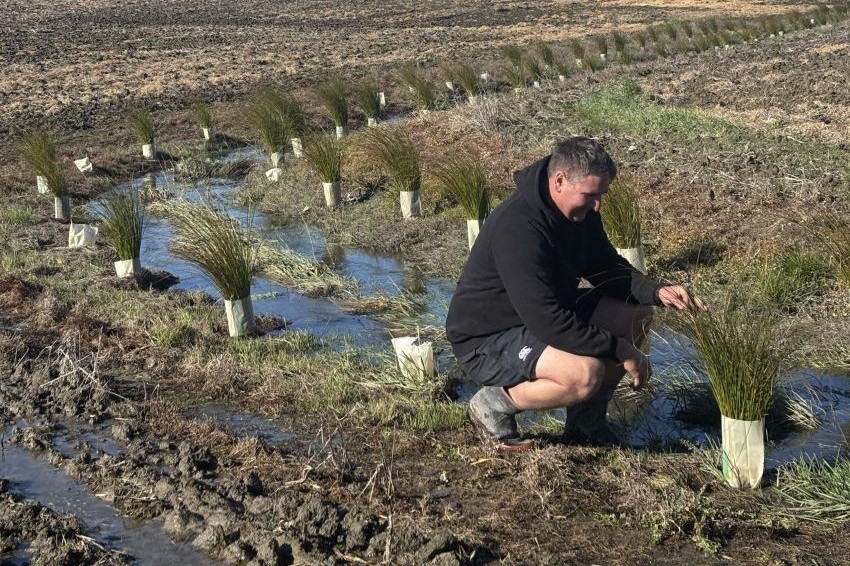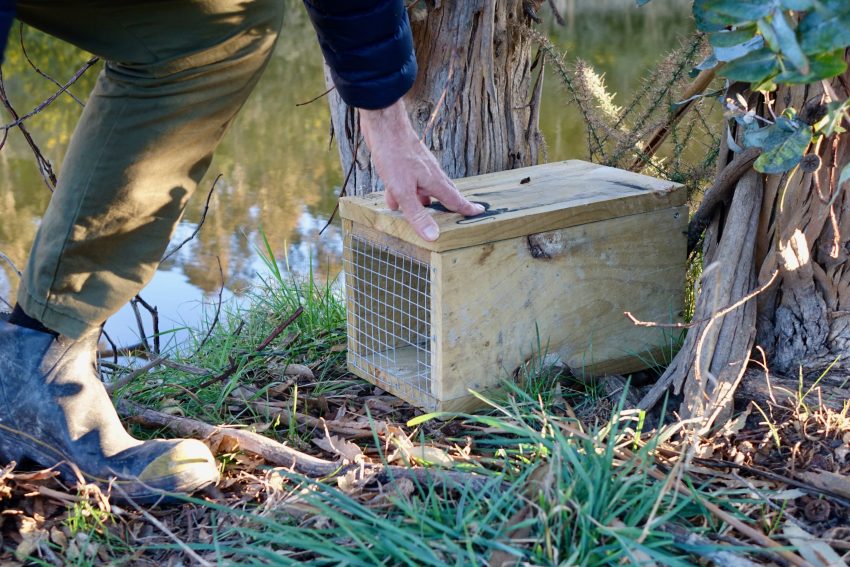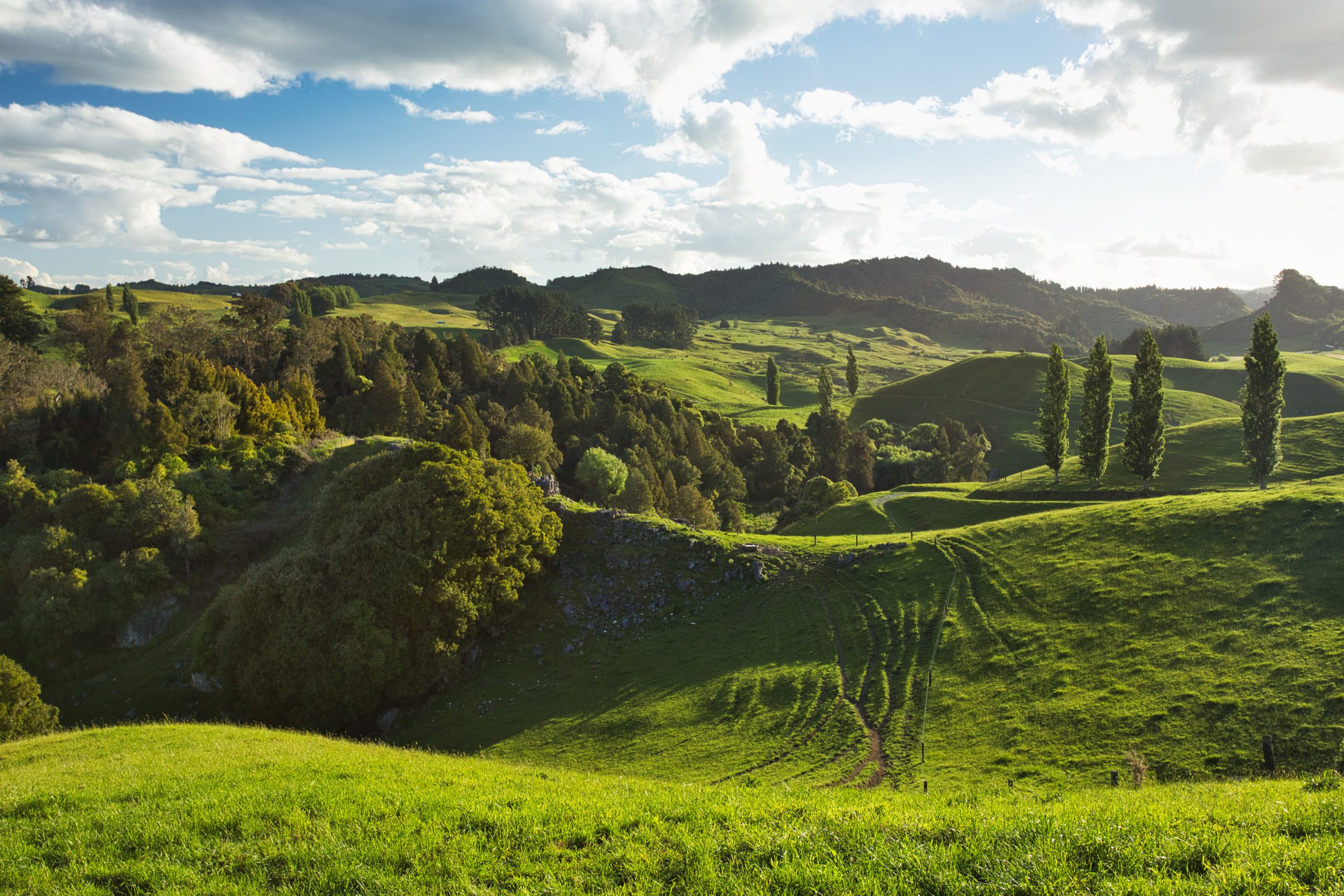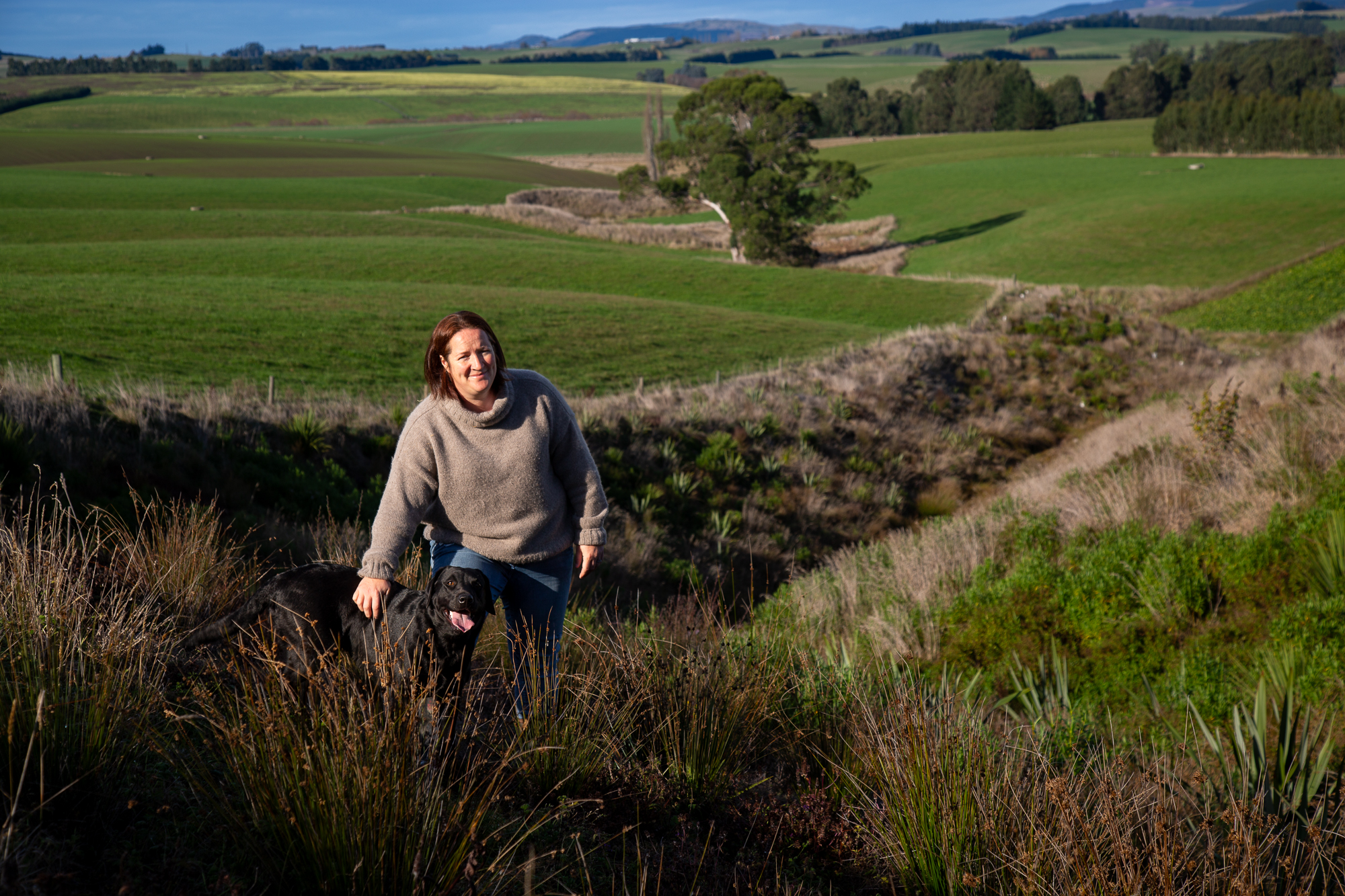Government funding connected to Covid-19 relief programmes have helped Otago water care groups progress their work. Joanna Cuttance reports.
Otago water care groups took advantage of opportune 2020 Government funding, but 2021 will focus on workshops supporting farmers efforts in becoming environmentally and economically sustainable.
Pomahaka Water Care Group (PWCG), North Otago Sustainable Land Management (NOSLaM) and the newly formed South Otago River Care Inc. (SORC) are farmer-led initiatives. Farmers collaborate with industry stakeholders and community groups, for the common good of sustainable land practices and water quality.
All three groups applied for grants through various Government funding schemes that became available to them in 2020. Both the PWCG and NOSLaM, were successful and SORC are still waiting to hear, but are hopeful.
NOSLaM chairman Peter Mitchell said the North Otago group received a grant of $360,000 from the Jobs for Nature funding. The money would be used for extending the Clifton Falls planting project, a new project at Enfield and riparian planting, fencing, river clearing and creation of sediment traps.
Mitchell said 2020 had been a good year for enhancing relationships with schools, North Otago Irrigation Company, other stakeholders and particularly with the Otago Regional Council.
ORC policy staff visited farms to help them identify what farming was all about, and the challenges faced. Mitchell said this would help them write really good policy to achieve the desired outcome and negate the need to adjust things later.
“It’s really quite fantastic developing that relationship with the council,” he said.
Compliance and consent were other areas where it was difficult to draw a line in the sand, he said. It was important to have trust, clarity and the same interpretation of the rules, and a good relationship with the ORC would help achieve this. Although there was frustration that there were still some unknowns out there, and it was hard to aim for something when you did not know what it was you needed to achieve, Mitchell said.
Part of NOSLaM’s role was to help farmers identify where to start their environmental journey to enable them to reach the end goal. The North Otago area was diverse and made up of three catchments groups, within each catchment are pod groups, whose members got together for on-farm workshops.
During 2021 workshop topics run by experts would include, winter grazing, identification of critical source areas, soils types and structure, effluent management, farm environmental plans, and good irrigation management.
Mitchell said farmers needed support. Recognition of the things that make a difference to a problem and improve the environment was key, he said. Support was also needed for managing expectations of the wider community who expected things to be fixed tomorrow. It took time for change to be seen, and farmers needed to be able to sustainably farm both environmentally, and economically.
North Otago farmers were engaged at varying levels, and Mitchell said the pods worked on a peer-pressure system, if nine out of 10 farmers in an area were voluntarily involved, hopefully the tenth would get on board.
PWCG secured $3.6 million in mid-2020, made up from the Provincial Growth Fund ($2.3m) and the remaining from the One Billion Trees Fund. Planting and fencing projects were well underway with 20,000 native species already planted and 5km of fencing completed.
Project manager Lloyd McCall said funding was awarded under the Jobs for Nature initiative which encouraged the use of local labour. Fencing materials and plants were sourced locally and six and a half full-time positions had been created to complete the project which would involve 70,000 native species being planted in both 2021 and 2022 and 50,000 in 2023.
The areas being planted were Pomahaka tributaries and sub-tributaries. Farmers who wanted to be involved had to complete a site worksheet and then these were ranked according to water quality benefits, before a decision was made. Some areas would only be fenced, some planted only and other areas with both fencing and planting. Planting consisted of three strips of riparian planting. Farmers whose land was selected had to financially contribute to the project, with grant money subsidising costs.
McCall said the group was delighted to secure funding for projects which would continue for the next few years, but for 2021 PWCG wanted to return to the original objectives from when it was set up in 2015. McCall said there would be more farmer workshops, and engagement with schools and the wider community. About 50% (170) of farmers in the area were financial members and they wanted to keep them engaged.
Pomahaka secured $3.6 million in mid-2020, made up from the Provincial Growth Fund ($2.3m) and the remaining from the One Billion Trees Fund.
McCall was instrumental in bringing like-minded people together in early 2020 to help form the South Otago River Care Incorporation. This group’s primary objective was to encourage and support the development of farmer-led catchment groups, along with the help of the Clutha Community Trust, to set up groups in Waiwera-Kaihiku, Owaka, Tuapeka-Waitahuna, Lower Clutha, Lake Tuakitoto and Tokomairiro.
South Otago dairy farmer and SORC chairperson Suzie Bearman said it was a big step forward getting the group up, running and incorporated. Being incorporated meant they could apply for funding to get projects underway. A huge amount of volunteer hours had been put in applying for the Government’s shovel-ready grants and they were waiting to hear if they had been successful.
If successful the funding would be used for creating sediment traps, riparian planting, creating wetlands, double ditching and battering banks. A smaller grant had been applied for to reinstate a wetland in the Tokomairiro catchment area.
The group wanted to support farmers. Bearman said it was essential for any farmer doing water quality projects to record what they were doing, in images and written notes. Not only did this provide evidence for the wider community but enabled farmers to measure and celebrate their own success.
In 2021 the group wanted more farmers to come on board because strong catchment groups built strong communities, she said. Benefits included access to expert advice and sharing of best practices through workshops. The group also aimed to have more community involvement by working with schools and being involved in events locally.





